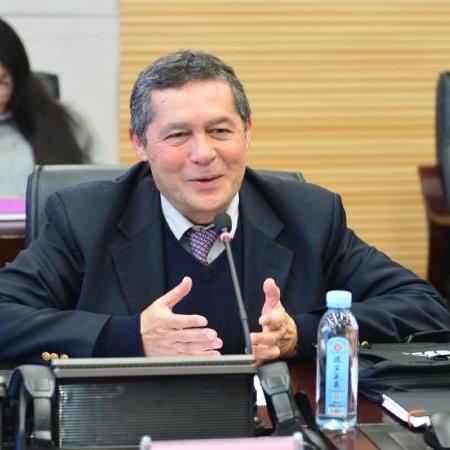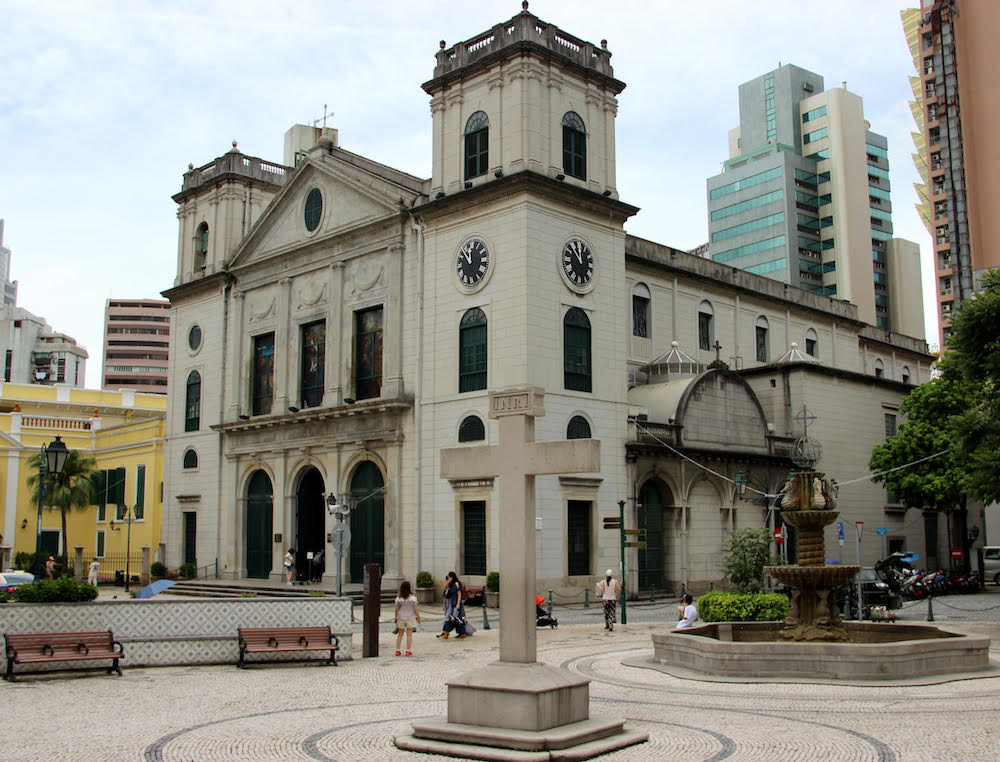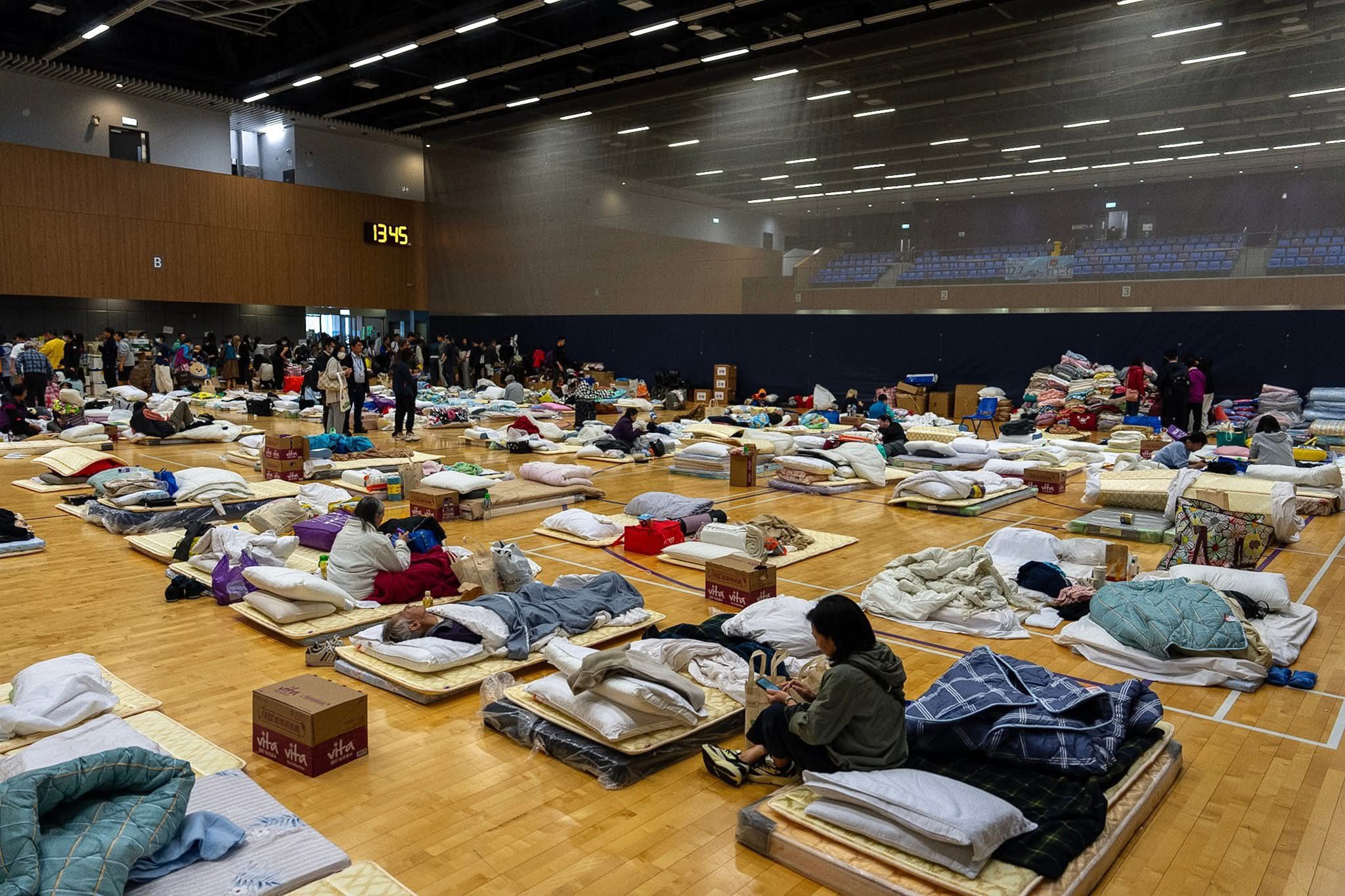Joaquim Magalhães de Castro
The Macanese, Carlos Piteira, sociologist and integrated researcher at the Instituto do Oriente, Higher Institute of Social and Political Sciences (ISCSP/Universidade de Lisboa), spoke to O Clarim about issues of identity and the close relationship of the “sons of the land” with the Catholic Church.

O Clarim: Tell us a little about your professional activity?
Carlos Piteira: From a professional point of view, perhaps we can summarize my profile between the aspects of Professor (Academic), Researcher at the Instituto do Oriente and Manager/Advisor of Human Resources, also associating my incursions into the space of music and cultural anthropology as areas to be explored.
O Clarim: In an interview, you once referred to Macau as being “an experimental laboratory for China”. What do you mean by that?
Carlos Piteira: Most of the so-called SARs (Special Administrative Regions), which make up Hong Kong and Macau, are spaces with “laboratory” characteristics in the social aspect for the People’s Republic of China, given that they were created in the context of the principle “One Country, Two Systems”, seeking to verify/attenuate possible consequences and ruptures in the openness of the centralized system without putting it into question and, simultaneously, to catalyze the benefits arising from the opening to the “market” as an alternative to be included in the rules of the international context.
O Clarim: What is the role of the Catholic Church in this experimental laboratory?
Carlos Piteira: The Catholic institution frames and enhances the model of openness and coexistence between West and East. Despite being already secular in the reality of Macau, it reinforces and integrates the particularities of Macau’s uniqueness as a multicultural space through religious practices, which places it as a “pillar” and structuring element in the daily life of the resident population and in the way how they build their “ways of life” in society.
O Clarim: Given Macau’s small size, which of its specific features are its best asset?
Carlos Piteira: In my point of view, the uniqueness of Macau is based, to a large extent, on the multifaceted population structure, with emphasis on the presence of the Portuguese and the Macanese as a particular group of the essence and history of Macau, it is these particular groups that give rise to both – the tangible heritage and intangible heritage that give “color” to the specificities of Macau.
O Clarim: As a Macanese, we presume you grew up in a Catholic family. Can you talk about your experience?
Carlos Piteira: The Catholic-based religious matrix among the Macanese and, to a large extent also among some Chinese families, was, and still is, a distinctive mark of this (these) group(s), whether by the official acquisition of birth certificate registration within the Portuguese parishes (churches) through baptism, or through behavioral conduct within society, leveraging the principles of moral ethics and Westernized beliefs.
The Catholic matrix became fundamental in the educational process of Macanese families as an integrating element of differentiation and construction of their identity traits.
O Clarim: What does the Catholic Church mean to a Macanese?
Carlos Piteira: In addition to the natural belief in the ideals of Catholic morals and ethics deepened by Christian education, which we all ended up having, the Catholic Church in Macau, and for the Macanese in particular, ends up reinforcing the symbolic representation of the group’s identity, that is, it integrates the reference of the identity traits that the Macanese claim in their affirmation of ethnicity.
O Clarim: You are one of the people who has most lamented the lack of activities that revive the memory of the Portuguese presence in Macau. How could this trend be counteracted? Does Portugal play the role it is due?
Carlos Piteira: Placing ourselves in the context of the post-transition period, the role of the Portuguese State and politicians does not deserve any mention worthy of note, on the contrary, they have been referring to a role of total alienation in reinforcing their historical and cultural legacy, treating Macau and the presence of the Portuguese as just another community of migrants throughout the world, forgetting the particularities and singularities of the (current) Portuguese presence in this territory.
The Portuguese State has been guided only by mere incursions to Macau, praising some festivities that border on folklore, ignoring the population stratum of a reality that are the Portuguese of Macau, people who were and are part of the new space of the Macao SAR.
O Clarim: You frequently mention the current emptiness of the Portuguese community… How does this manifest itself?
Carlos Piteira: In this matter, we just need to look at the recent records of Portuguese people who have already left Macau in recent years and others who say they will soon do so, claiming to some extent the “orphanhood” they feel in relation to the expected support from official institutions in Portugal.
O Clarim: How do you see the posture of the Portuguese authorities in relation to the Macao SAR at the end of these years? Could there be greater closeness?
Carlos Piteira: I would say that more than proximity on the part of the Portuguese authorities, it would be necessary to assume a position of partnership and identity affirmation within the MSAR, that is, to take relevant initiatives that allow the maintenance of the Portuguese presence in the space of the MSAR, such as fully maintaining the Portuguese School, Casa de Portugal and the Portuguese-speaking media, at least until the expiry of the Basic Law in 2049.
On the other hand, the House of Macau in Portugal, could and should be something that differentiates from the other Houses of Macau in the diaspora through direct support from official institutions, thus marking the importance of the Portuguese and the Macanese in Portuguese territory as a link that continues to extend from Portugal to Macau.


 Follow
Follow


